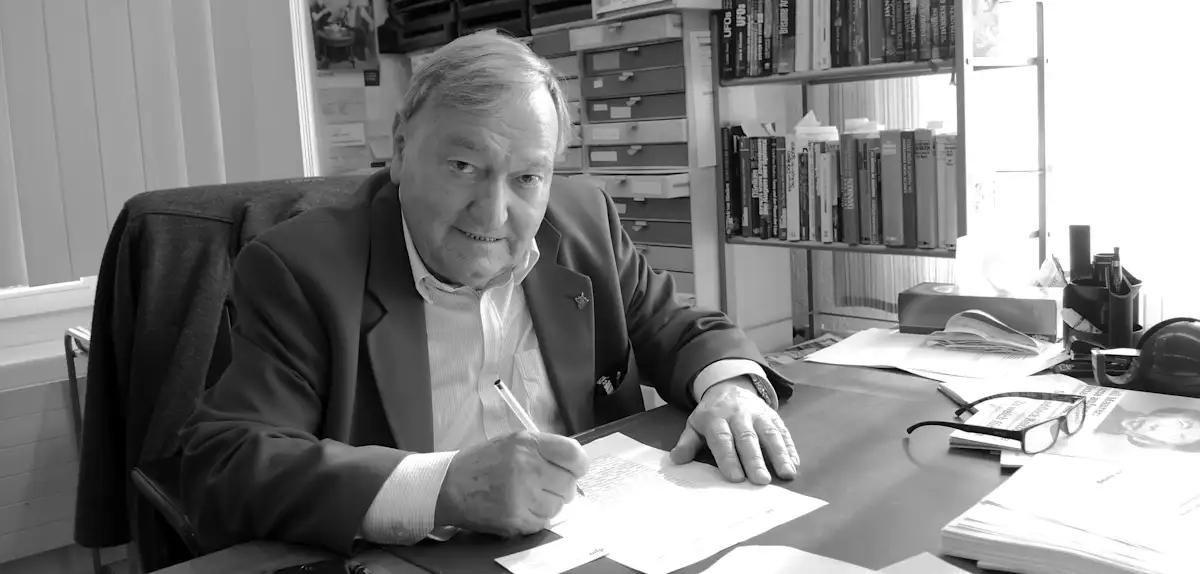
A high-profile Egyptian belly-dancer, Sama el-Masry, was sentenced to three years in prison and fined 300,000 Egyptian pounds ($18,500) on Saturday for inciting debauchery and immorality as part of a crackdown on social media postings.
El-Masry was arrested in April during an investigation into videos and photos on social media, including the popular video-sharing platform TikTok, that the public prosecution described as sexually suggestive.
The dancer, 42, denied the accusations, saying the content was stolen and shared from her phone without consent.
Cairo’s Misdemeanours Economic Court on Saturday said she had violated family principles and values in Egypt as well as establishing, managing and using sites and accounts on social media with the aim of committing “immorality”.
“There is a huge difference between freedom and debauchery,” said John Talaat, a member of parliament who asked for legal action against el-Masry and other female TikTok participants.
Talaat told the Thomson Reuters Foundation that el-Masry and the other female social media influencers were destroying family values and traditions, activities that were banned by the law and the constitution.
El-Masry said she would appeal.
Several women in Egypt have previously been accused of “inciting debauchery” by challenging the country’s conservative social norms, including actress Rania Youssef after critics took against her choice of dress for the Cairo Film Festival in 2018.
In 2018 Egypt adopted a cyber crime law that grants the government full authority to censor the internet and exercise communication surveillance.
The law carries penalties of imprisonment of 2 years minimum and a fine of up to 300,000 Egyptian pounds.
A group of female TikTok and Instagram influencers and YouTubers have been arrested by the Egyptian authorities in recent months on charges of promoting debauchery and prostitution on social media.
Talaat said those influencers were expected to face the same prison terms as el-Masry as they had committed the same crime.
The Egyptian government was not available for immediate comment.
Entessar el-Saeed, a women rights lawyer and head of the Cairo Center for Development and Law, said women are the only category targeted by the authorities according to this law.
“Our conservative society is struggling with technological changes which have created a completely different environment and mindsets,” she told the Thomson Reuters Foundation.
Soure: Reuters





